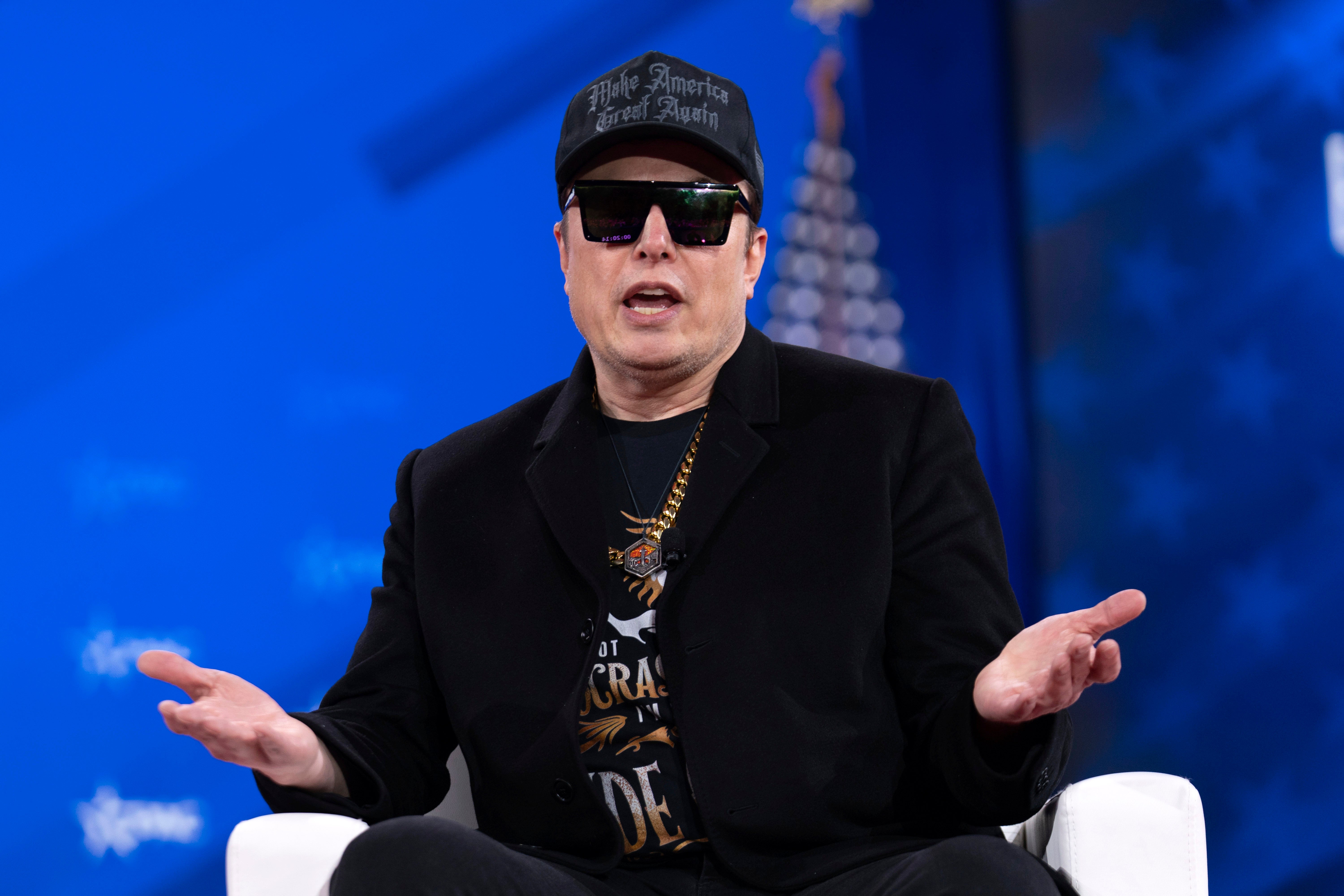Elon Musk’s so-called Department of Government Efficiency has fired hundreds of federal workers who are not funded by the taxpayer — lowering savings for the American people that Trump’s administration promised, according to a report.
DOGE’s purge reached the Food and Drug Administration last week, where around 200 employees were fired. But the roles were largely funded by medical device companies, not American taxpayer dollars, Reuters reported.
Former employees and medical device workers are concerned about the knock-on effects the purge will have on approving vital products for patients, such as stents and implants.
“The overwhelming majority of those who will be terminated as a result of this are recent hires, funded through user fees. So as a result of that, the federal government will not save money,” Scott Whitaker, CEO of medical device industry group AdvaMed, told Reuters.
“If these cuts are not reversed there’s no question that it will slow down the process for new technologies to get to market and to get to patients,” Whitaker added.

At least 180 FDA staff fired were paid for by fees charged to medical device makers under the 2002 Medical Device User Fee and Modernization Act. It allows the FDA to collect fees from device manufacturers which helps the FDA review applications more quickly and efficiently, the agency says.
Job cuts also happened at two financial regulatory agencies that don’t rely on taxpayer money, according to Reuters.
Banks fund both the Consumer Financial Protection Bureau — which protects consumers from financial abuses — and the Federal Deposit Insurance Corporation, where over 100 probationary workers were fired. The corporation insures deposits in banks and savings associations.
“The FDIC is funded through fees paid by banks, so cutting the FDIC’s expenses does nothing to reduce the federal budget,” Jeremy Kress, a law professor at the University of Michigan, told Reuters.
Employees from across the departments of Health and Human Services, Interior and Agriculture also told Reuters that they were also fired even though their jobs were paid for via non-government grants and other means of private funding.

The Independent has contacted DOGE for comment.
Last week the Department of Health and Human Services announced plans to fire 5,200 probationary employees across its agencies, which include the National Institutes of Health, the Centers for Disease Control and Prevention and the FDA.
The firings follow the firings of an FDA official overseeing a team that reviews Neuralink, Musk’s computer-brain interface company. Ross Segan, former director of the Office of Product Evaluation and Quality at the FDA’s medical device center, was let go last week, Bloomberg first reported.
Neuralink’s brain implants, which aim to allow people with paralysis to operate an electronic devise using their thoughts, have been registered for two U.S. trials with the FDA. The agency can halt a trial at any time.
Segan was part of the team that oversaw the review of the implants.














